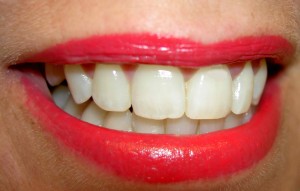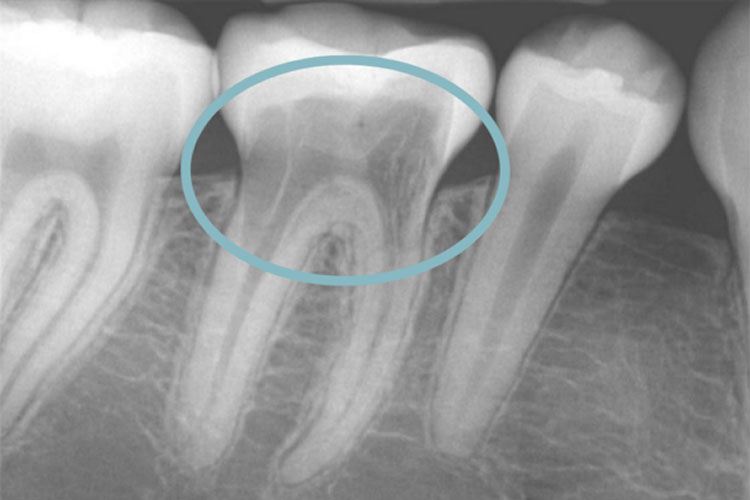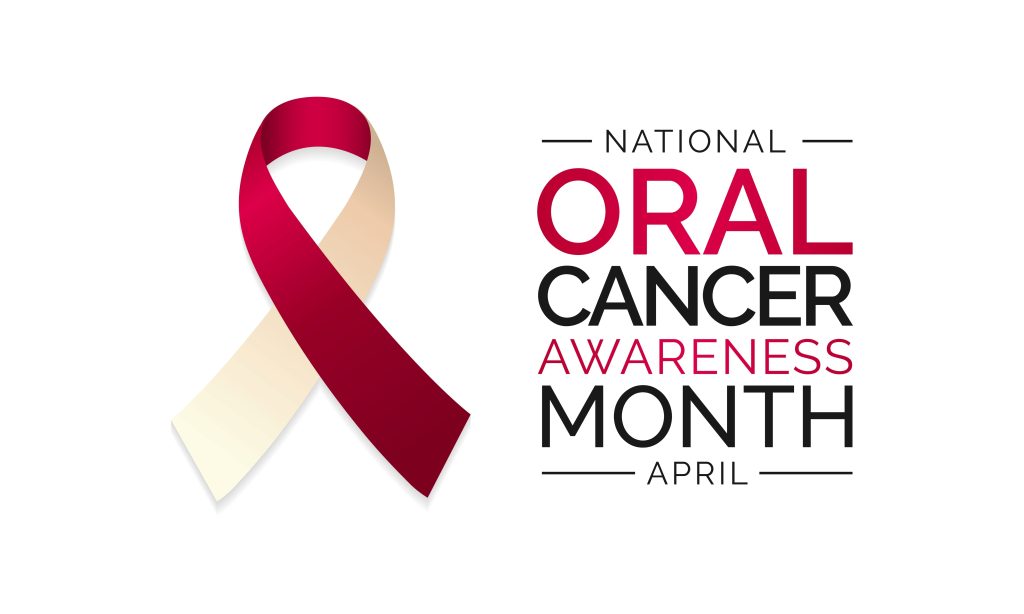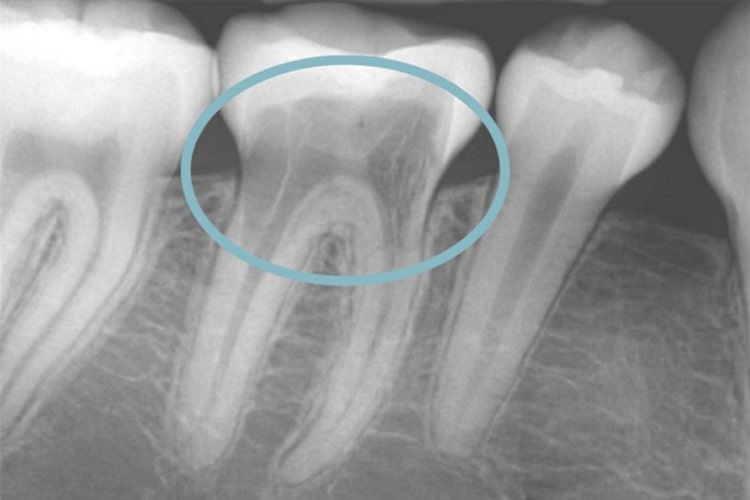
- Wisdom teeth are the final set of molars that everyone gets, and these usually erupt between the ages of 16 to 24. These are called third molars, and are called wisdom teeth because these come out during a person’s “age of wisdom”, which is said to be in their late teens and early twenties.
- Located in the farthest back part of your mouth, wisdom teeth often need to be removed because of problems like decay, improper eruption (the tooth did not come out fully and is trapped beneath the gums, sometimes known as an impacted wisdom tooth), and front teeth starting to overlap because of the wisdom tooth pushing itself into place at an angle.
- Not everyone experiences this particular event in their lives, with 35% of the population worldwide actually living without ever having wisdom teeth erupting. This is noted mostly in East Asia.
- Ninety percent of those who have wisdom teeth have one that emerges impacted. This means that it did not fully erupt, and stopped growing, staying beneath the surface of the gum line.
- Dentists often advise the removal of a wisdom tooth in order to prevent more serious dental problems down the line. Sometimes, your dentist will push for removal of wisdom teeth when they see inflammation in the area, and when the patient complains of pain. If a wisdom tooth is impacted, removal is considered a must.
- There will come a time when the growth of wisdom teeth can be prevented. There is an ongoing study that is aimed at finding a way to prevent these from ever emerging, since more and more people are having these removed anyway, and these are the only teeth that do not form while the person is in the womb.
- Contrary to popular belief, an impacted wisdom tooth does not always come with pain. There are times when this can only be discovered with the help of a dental x-ray, which can be had with a visit to your dentist.
Aside from these interesting facts, you should also be aware that while most people will tell you that wisdom teeth have to be removed, only your dentist can tell you for sure whether or not an extraction should be done. Visiting your dentist when you get to the age when these are expected to erupt, and asking them questions about this, will help you find out whether or not you need to have wisdom tooth surgery.
- Unraveling the Enigma of Tooth Resorption - April 24, 2024
- Detecting Oral Cancer Early: The Importance of Regular Screenings - April 7, 2024
- The Ultimate Guide to Dental Hygiene: Tips for a Healthy Smile - March 31, 2024









